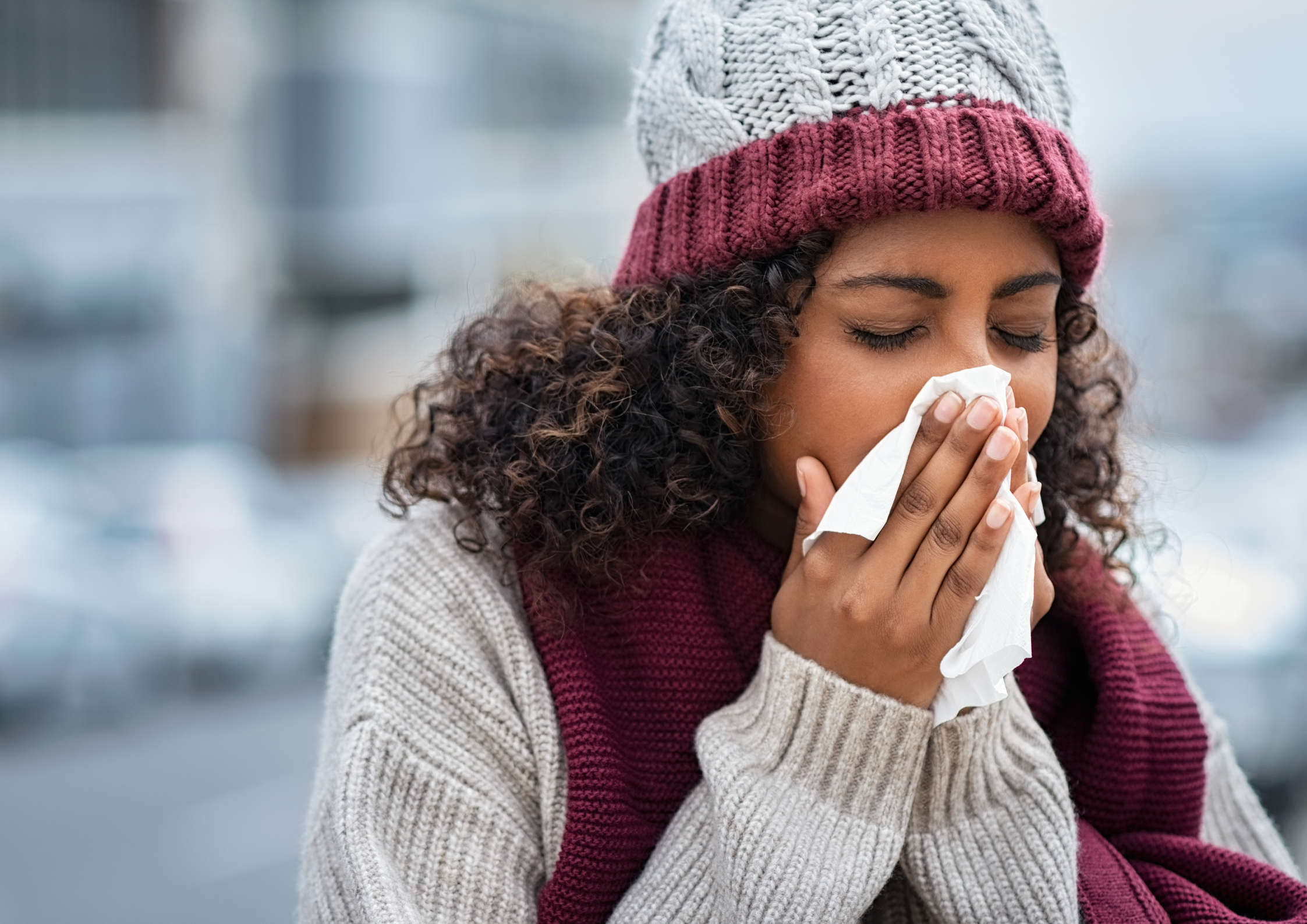Why Should I Get the Flu Vaccine?
Why should I get the flu vaccine?
As winter draws near, experts predict that there will be an increased circulation of the flu (influenza) virus this year, and therefore a higher chance that you might catch it. Public Health England estimates that this year’s flu season could be up to 50% larger than usual due to the expected lower level of population immunity against the flu as a result of COVID-19 interventions (mask-wearing, social distancing) in the past year. Consequently, it is very important to get the flu vaccine this winter.
There are several reasons it is important to get the flu jab:
- It stops you from getting seriously ill from the flu
- It helps to reduce the spread of flu at work and at home
- It will stop you from getting seriously ill if you were to contract both COVID-19 and the flu at the same time
Signs and symptoms of the flu
The flu is caused by the influenza virus, and the onset of symptoms tends to be very rapid. Symptoms include:
- Fever
- Headache
- Tiredness
- Muscle aches and weakness
- Sore throat
- Blocked or runny nose
- Stomach pain and digestive problems
- Sleeping difficulties
- Loss of appetite
- Shivering and chills
- Cough
- Nausea and vomiting
Why is it best to avoid getting the flu?
In some circumstances, the flu can lead to further complications. These include:
- Sinus and ear infections
- Pneumonia
- Worsening of asthma and other respiratory diseases
- Co-infection with bacteria leading to inflammation of the heart (myocarditis), brain (encephalitis), or muscle tissue (myositis)
- Sepsis
What’s the difference between the flu and the common cold?
With some similar symptoms, including a sore throat, cough, blocked or runny nose, fever, tiredness, and headaches, it’s easy to get the flu confused with the common cold. However, unlike the flu, cold symptoms tend to develop much more gradually. They are also caused by different viruses, and complications from the common cold are rare. Some complications that could occur from the cold include asthma attacks, bacterial sinusitis, strep throat, bronchitis and pneumonia.
How to prevent the spread of the flu
The flu virus is carried in water droplets, which are expelled from the mouth and nose when you cough or sneeze. To prevent the flu from spreading it is important to:
- Cover your mouth and nose with a tissue when you cough or sneeze
- Dispose of used tissues
- Wash your hands frequently with soap and warm water, and use alcohol hand gel regularly
- Wipe down frequently used surfaces with appropriate wipes
- Get the flu jab – this will protect you against the flu, however it does not protect against the common cold
If I’ve already received the flu vaccine before, why should I get it again?
The flu virus constantly mutates, so the vaccine is updated every year to counter the newest strains. Therefore, it is important to make sure you get the flu vaccine each year.
How do I know if I have the flu or COVID-19?
The flu virus and COVID-19 do share some similar symptoms, such as a high temperature and a persistent cough. Consequently, it may be difficult to know which you have. For this reason, it is important that you get a flu vaccination and continue to follow COVID-19 guidance surrounding self-isolation and testing if you have any COVID-19 symptoms.
Is the flu vaccine safe?
The flu vaccination is safe and effective, and given annually to protect against the newest strains of the flu virus that have been circulating that year.
Serious side effects from the flu vaccine are very rare, with only one in a million people experiencing them. Mild side effects such as soreness around the injection site and aching muscles are more common, but these are much less serious than the effects of contracting the flu.
How can I get the flu vaccine?
The NHS offers free flu vaccines to certain people, including those who are pregnant, over the age of 50 or who have certain health conditions that place them at greater risk if they were to contract the flu.
Here at Phoenix Hospital Group, our GPs also offer the flu vaccine as a service.
To book an appointment with one of our GPs, call 0207 079 2100 or email appointments@phoenixhospitalgroup.com



